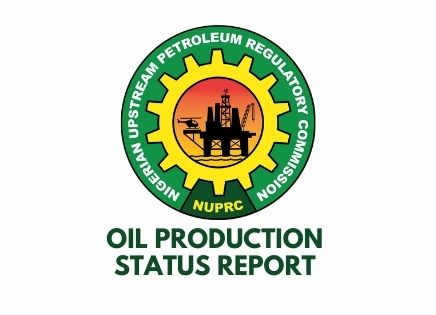The Nigerian Upstream Petroleum Regulatory Commission has unveiled the Upstream Petroleum Decarbonisation Template to promote sustainability and environmental stewardship in Nigeria’s oil and gas sector.
In the framework of the energy transition, the programme aligns with the nation’s objective to attain net zero emissions by 2060 and to foster global competitiveness.
According to a statement issued by NUPRC, UPDT will become mandatory from January 2025 for all applications related to permits, licenses and approvals in the upstream sector.
The model requires operators to adopt low-carbon technologies, improve energy efficiency and integrate renewable energy sources into their operations.
“The UPDT ensures compliance with Nigeria’s broader climate objectives and aligns upstream activities with national and international climate goals.”
“This move enhances environmental stewardship while ensuring sustainable value creation for Nigeria’s energy security and economic development,” stated NUPRC Chief Executive, Gbenga Komolafe.
The initiative is an extension of the Regulatory Framework for Energy Transition, Decarbonisation, and Carbon Monetisation introduced in 2023, which established seven pillars for advancing sustainability in the upstream sector.
The UPDT requires licensees to reduce greenhouse gas emissions and comply with the Gas Flaring, Venting, and Methane Emissions Regulations of 2023. Use methane management and energy-efficient technologies. Develop carbon management programmes, such as Carbon Capture and Storage (CCS) and carbon offset schemes.
Operators must also incorporate decarbonisation strategies into Field Development Plans (FDPs), drilling operations, and facility engineering. Companies are required to set measurable, time-bound emission reduction targets and eliminate routine flaring and venting.
Rather than posing regulatory hurdles, these measures are designed to attract sustainable energy investments and align Nigeria’s upstream sector with international Environmental, Social, and Governance (ESG) standards.
“To ensure seamless implementation, the Commission will offer technical guidance, capacity-building programmes, and host an Industry-Wide Decarbonisation Workshop in Q1 2025,” added Komolafe.
NUPRC reaffirmed its commitment to enabling Nigeria’s oil and gas industry to thrive in the evolving global energy landscape, enhancing operational excellence, and supporting international climate action in a just and equitable manner.

